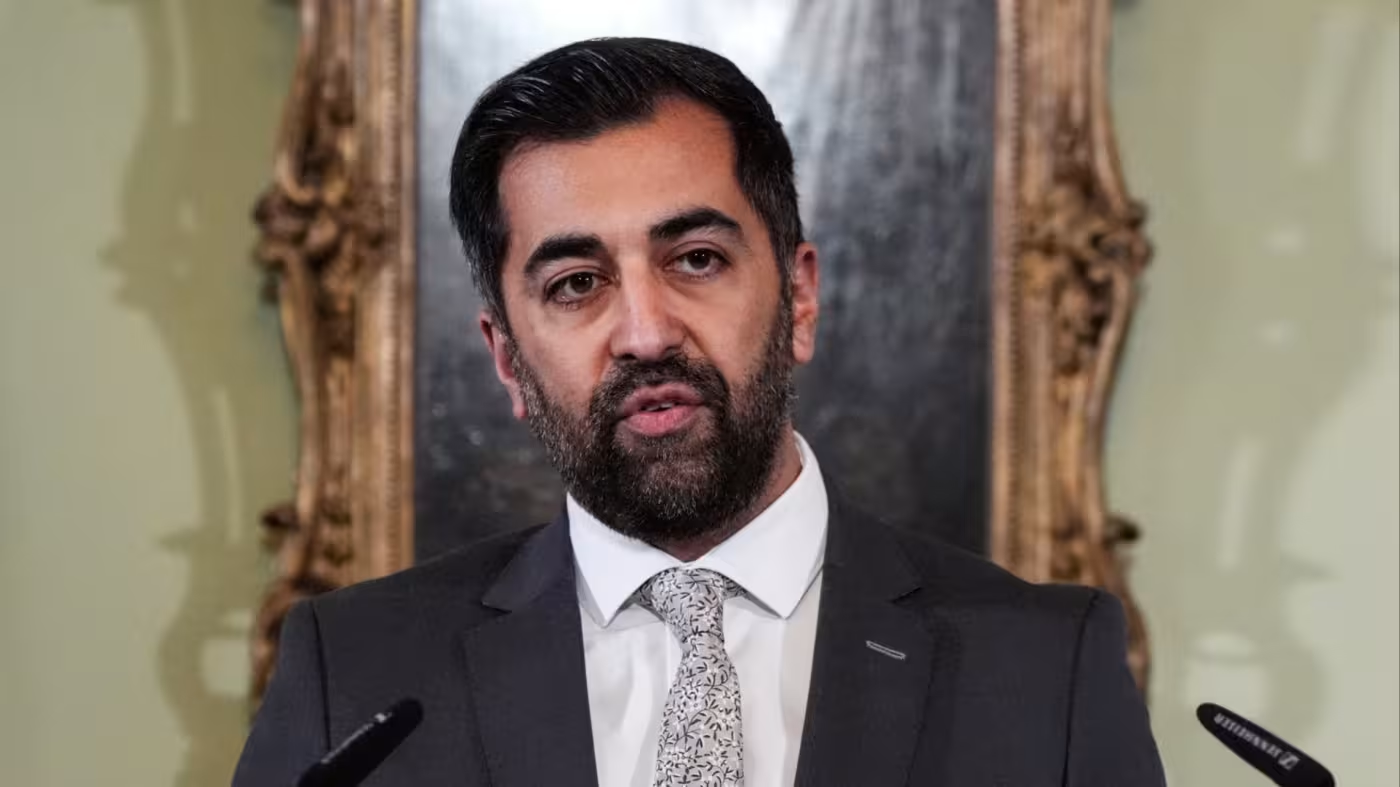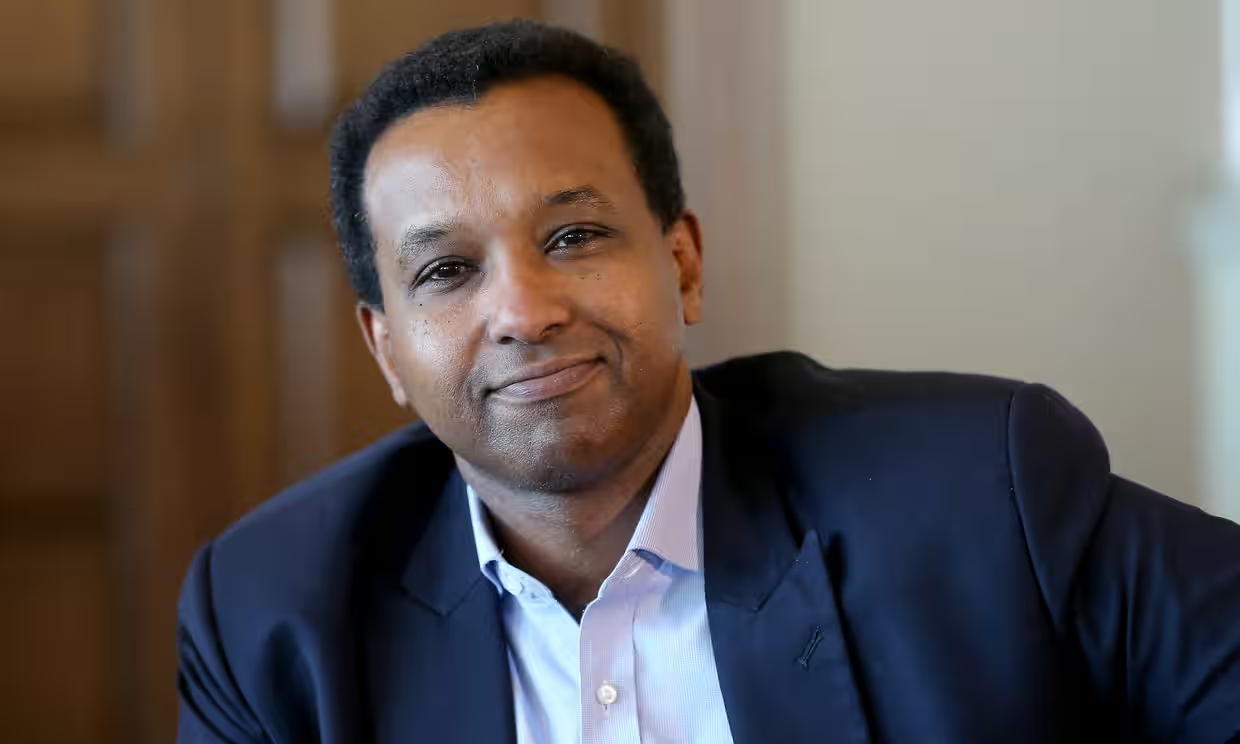It will only take a spark to ignite WW3 on the Horn of Africa, never has so many warships, drones and military troops came together near readying themselves for a decisive confrontation. The Russian and Chinese have thrown the gauntlet vying for hegemony or a different world order. Has the American and European influence withered and consequently economic trade war and accusations of cyber hacking (Huawei) resulted in China and Russia entente. Should the Western civilisation be worried? There is definite shift towards isolationism in America while Europe is facing economic and political stagnation given its lacklustre response to the Iran nuclear deal, Venezuela Maduro crisis and US sanctions against China and Iran respectively. Certainly, the banking crisis of 2008, along with harsh austerity and rise of nationalism, anti-Islam and immigration sentiment has weaken Eurocentric liberal values and replaced it with divisive and desperately aggressive identity politics. The Horn of Africa militarisation signals deep mistrust and lack of cohesive clear objectives in foreign relations, nation states resort to hard power during times of uncertainty with deadly consequences as previously illustrated during the 1st and 2nd WW.
The spectacular fall of Sudanese president Omar Al Bashir was attributed to robust public uprising, no promises of belated reforms would’ve saved the incompetent dictator. However, there are political reasons why Saudi Arabia and its allies didn’t offer the usual monetary rescue package to save Al Bashir and its connected to an offer in November 2017 by Al Bashir making concession towards formation of a Russian naval base in Sudan. According to head of Sudanese parliamentary defence committee: Maj.General Al Hadi Adam “The date of the requested port call is being discussed.it will be approved if the two countries make an agreement. This deal will pave the way for more agreement and greater cooperation possibly a Russian base on the Red Sea “. The protesters were successful in ousting Omar Al Bashir after 30-year rule, Sudan’s economic downturn may have factored in igniting the revolution, but Russian meddling hasn’t helped either.
The Saudi government and allies namely Egypt/ UAE have been preoccupied with Yemen but upon the demise of Omar Al Bashir rule couldn’t abide a power vacuum thus pledged$3 billion aid package to support the wavering economy and unpopular military transitional government that has taken over. The United Nations, Egypt, USA, Bahrain, African Union and Turkey all supported peaceful resolution based on respect for democratic process to take place while Russia called for calm in Sudan and hoped “close bilateral ties would not be threatened irrespective of who was in power”.
As the world is entering the fourth industrial revolution political alliances and control over resources becomes crucial defining moment in geopolitics. The Belt and road forum at the great hall of the people in Beijing April 26, 2019 illustrates pivotal support for Chinese ascension, these political successes increased economic trade war between USA and China (Trumps %25 tariffs on goods over $200 billion). Can this hostility be defused? Apparently not given the level of militarisation on the Horn of Africa.
The heavy foreign military bases on the Horn of Africa is a testament to fear and instability proliferating due to lack of international consensus. When all security council P5 nations are vying for control, maintaining security around Bab Al Mandab becomes challenging especially once authoritarian regimes begins to disintegrate such as Sudan.
The Saudi alliance against Qatar, Turkey and Iran hasn’t been successful at alleviating instability, today Egypt has concerns about the Renaissance Dam construction by Ethiopia. This challenge to Egyptian access to the river Nile heightened fears of food security and future economic development 2030 plans. While the Saudi alliance are supposedly countering Muslim brotherhood and Iranian threat to its authoritative anti-democratic regimes, East African countries on the Horn of Africa are capitalising on their strategic access to ports and offering army and naval bases to the highest bidder.
The USA and Western (UK & EU) dominance has been seriously tested by Chinese and Russian challenge to its hegemonic status, this has been subsequently weakened by failed interventions in Iraq, Syria, Afghanistan, Libya and Ukraine. Is the world witnessing end of western liberalism as we know it (human rights, rule of law and adherence to Geneva convention and democracy) culminating in the rise of a new world order based on a different set of cultural values and norms from the East?
The debate dominating Davos 2019 economic forum has been about the BIR (belt and road initiatives), African Marshall plan and preparation for upcoming forth industrial revolution.
Considering China heavily investing in Africa as an alternative market for unfettered access to crude oil and raw materials various energy and multinational companies are readily investing substantial amount of its budgets such as Exxon in Mozambique and Tanzania oil and gas explorations.
This move has prompted African leaders to ratify African continental free trade agreements (AFCFTA) 2019 to diversify African economies from resource based towards service and technology . In exchange for Chinese expertise and loans a flurry of investments and speeches of 2030 plans, mega cities and centres for collating Data clouds peppered Davos forum 2019 speeches. Africa’s middle classes are the new digitalised and targeted consumers, they are young and tech savvy with aspirational hopes.
The Horn of Africa is the access point connecting East and West for centuries, any disruptions to the flow of goods/commerce through the Red Sea corridor causes concern for insurance companies, shipping/maritime oil industries, etc. Thus, a congregation of naval bases and military presence is not unusual given past threats of piracy and regional instability from terror groups (Al Shabab) however Chinese and Russian Interest and overtures incentivised a race for control.
In unprecedented manner Dubai DP world signed a £442 million contract with Somaliland government 2016 to invest in Berbera port. UAE has military base in Somaliland, this deal hasn’t been well received by the Federal Government of Somalia who cite that territorial integrity of the country has been compromised and it’s an encroachment on Somali autonomy. Given that FGS receives substantial support from Turkey, China and Qatar, Somaliland is a contentious issue especially since UAE and Somalia diplomatic relations soured due to the port deal.
The Yemen Houthi war and Saudi sanctions against Qatar since June 2017 had an impact on Arab unity. The killing of journalist Jamal Khashoggi October 2nd, 2018 was particularly savage by Saudi Arabia Royal personnel. The killing illustrated a level of complicity between Trump administration and Saudi Royal family to cover up grievous human right transgression which the world witnessed thanks to Aljazeera television coverage. The murder prompted US congressional bodies to reconsider selling deadly arms to Saudi government who were acting with impunity and barbarity against defenceless Yemeni people.
Thus, Djibouti a country with limited resources and wealth has capitalised on its strategic position on the Horn of Africa and has provided military bases for whoever pays.
Currently, military operating bases in Djibouti are:
United States of America at camp Lemonier former French foreign legion base leased by United States 2001 combined joint task force -horn of Africa with approximately 4000 US soldiers, U.K. Officers and contractors. A second base in Chabelley airfield for drone operations was established to reduce air traffic at Lemonier. Djibouti receives $63 million for the lease and rights to use airport and port facilities situated at Djibouti-Ambouli international airport in Djibouti City.
France agreed with Djibouti (former French colony) in 2011 a defence cooperation treaty. This agreement stipulated Djibouti to grant operational facilities to its largest foreign legion a deployment of approximately 1,450 French troops with warship, armoured vehicles and aircrafts from Ambouli airport. The base also hosts German and Spanish forces who regularly train together and confer with US partners.
Italy has 300 military personnel situated in Djibouti to aid and assist Somali government troops against Al-Shabab. Italian government provided sewing machines as part of its humanitarian aid strategy and train local Somali police. It should be noted Somali coastal areas and land has been used as a toxic dumping ground by Italian mafia groups during 1990s, this was investigated by Alaria Alpi and her camera man who were gunned down in 1994 by unknown assailants for uncovering this crime.
Japan has 180 troops stationed next to US camp Lemonier with a single naval destroyer. India has discussed with Japan joint military base in Djibouti as it already has Indian naval facilities in Oman, Singapore and Seychelles.
The Saudi government is constructing its first military base in Djibouti to continue its war on Yemen.
Chinese military base located by port Doraleh west of Djibouti and cost $590 million and pays the treasury $20 million annually. The Navy has exclusive rights to one of the navy berths and given how China heavily invested in Djibouti financing the:
-
railway construction project costing $492 million 2013
-
Ethiopia-Djibouti Water pipe line $322 million 2013
-
Doraleh port development $294 million 2016
-
Djibouti International Free Trade Zone $150 million 2015
It’s a precarious high-risk decision by Djibouti. China’s trillion-dollar Belt and Road initiatives relies on access to the Red Sea, since 77% of Djibouti debt is owed to China the future projects hopefully will generate enough revenues. Otherwise just like Sri Lanka handed over the port and 15,000 acres of land for 99 years December 2018 consequences of loan default, Djibouti could face the same fate.
By: Fatheya Yallas (MSc )
Fatheyaabdi@gmail.com Political analyst































